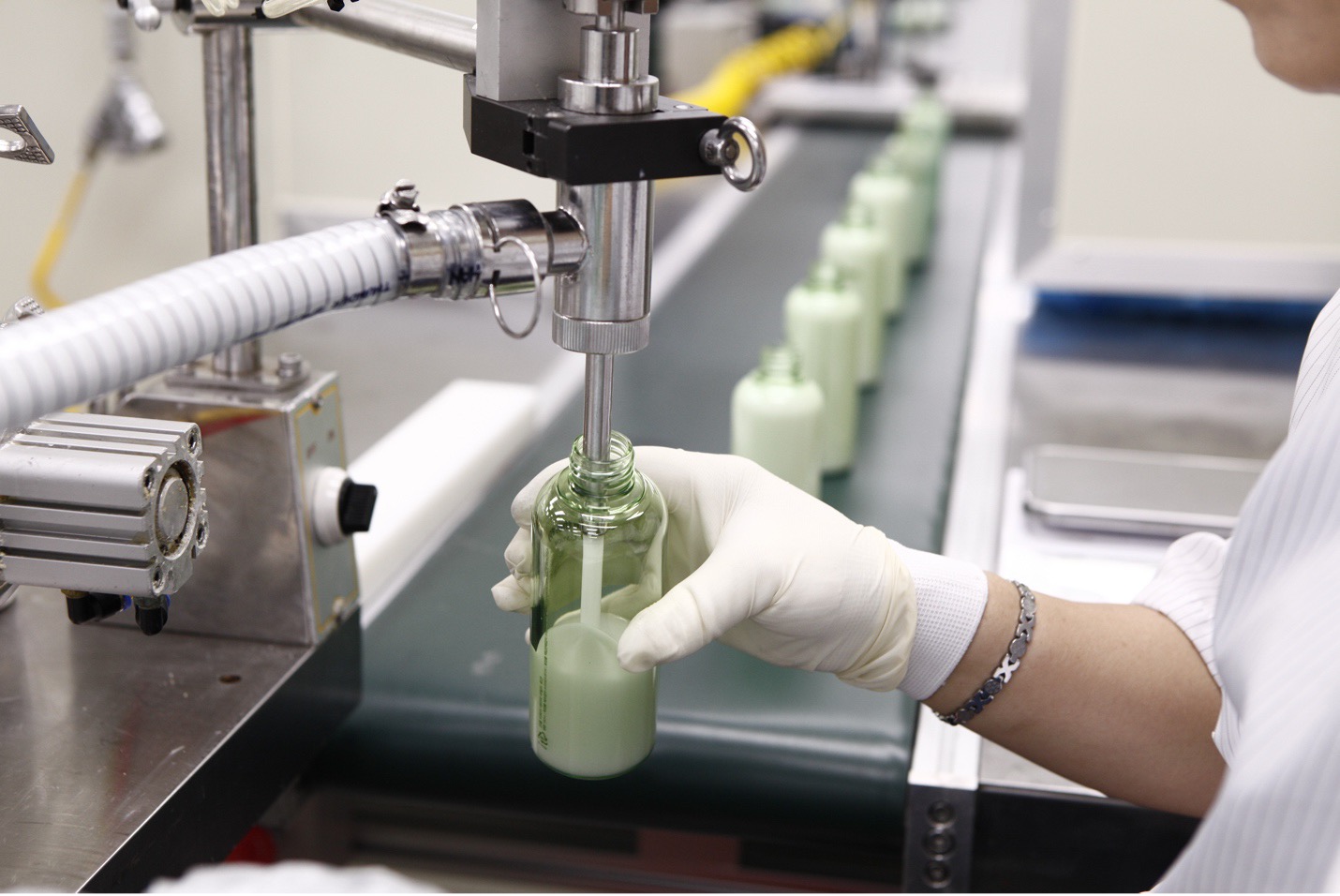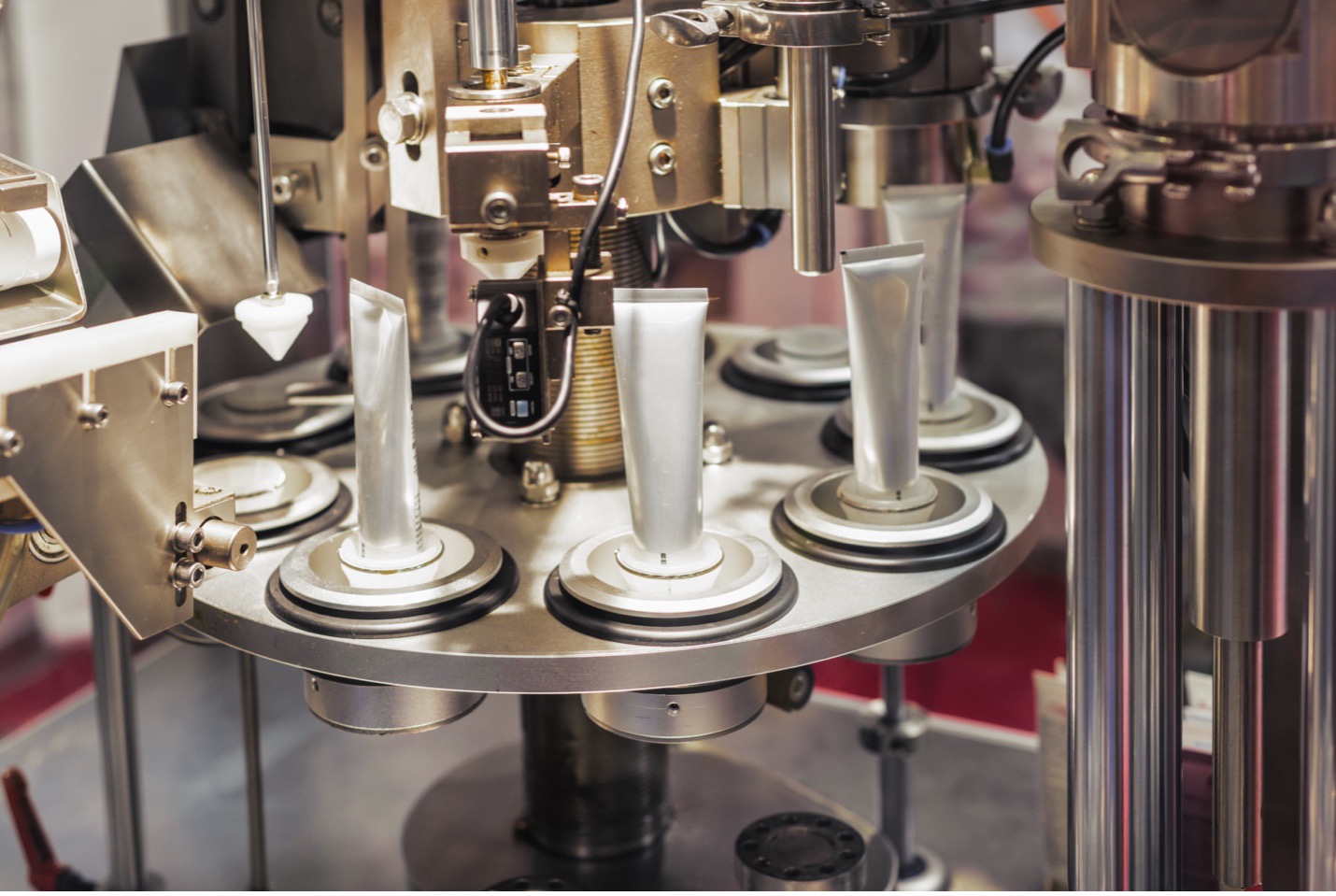For decades, the Federal Food, Drug, and Cosmetic Act (FD&C Act) served as the foundation for cosmetics regulation in the United States. While well-intentioned, the act hadn't kept pace with the industry's evolution, leaving regulatory gaps and uncertainties for cosmetic brands. Enter the Modernization of Cosmetics Regulation Act (MoCRA) of 2022 , a landmark piece of legislation that promises to usher in a new era of safety and transparency in the beauty world.
But what exactly does MoCRA entail, and how will it impact the cosmetics industry and consumers alike? In this comprehensive guide, we'll break down the Modernization of Cosmetics Regulation Act's new requirements, exploring their implications for brands, consumers, and the future of the industry.
A Look Back: The Intent of the Original Regulation
The FD&C Act, established in 1938, aimed to ensure the safety of cosmetics by prohibiting harmful ingredients and requiring truthful labeling. However, the act lacked specific safety testing requirements and relied heavily on self-regulation by brands. This led to concerns about potential safety risks and a lack of transparency in the ingredients used in many cosmetic products.

A Call for Change: What Has Changed Since the Original Legislation?
Since the FD&C Act's inception, the cosmetics industry has undergone a dramatic transformation. Technological advancements have led to the development of innovative new ingredients and formulations, while consumer expectations for safety and transparency have reached new heights. Additionally, concerns about the environmental impact of certain cosmetic ingredients have gained traction, demanding a more holistic approach to regulation.
These factors, coupled with a rise in product recalls and safety incidents, highlighted the need for a modernized regulatory framework. Recognizing these demands, Congress passed MoCRA, marking a significant step forward in ensuring the safety and ethical production of cosmetics in the United States.

Adapting to the New Landscape: How Brands Must Respond
MoCRA introduces a series of new requirements that cosmetics brands must comply with to remain on the market. These include:
- Mandatory Cosmetic Safety Assessments:
- All new and existing cosmetic ingredients must undergo safety assessments using established scientific methods. This is a significant shift from the previous self-regulation approach and will provide a more robust understanding of ingredient safety.
- Safety assessments typically involve various tests, including:
- Skin irritation and sensitization tests: To assess the potential for causing skin irritation or allergic reactions.
- Eye irritation tests: To assess the potential for causing harm to the eyes.
- Genotoxicity tests: To assess the potential for causing DNA damage.
- Repeated-dose toxicity studies: To assess the potential for long-term health effects from repeated exposure.
- Cosmetic Product Registration:
- Brands must register all cosmetic products with the FDA, providing detailed information about ingredients, manufacturing processes, and labeling. This will create a comprehensive database of cosmetic products, enhancing transparency and facilitating recall procedures.
- Registration details typically include:
- Product name and brand
- List of ingredients, including concentrations
- Manufacturer and distributor information
- Labeling claims and text
- Manufacturing facility details
- Adverse Event Reporting:
- Manufacturers and distributors are now required to report serious adverse events associated with their products to the FDA within 15 business days. This allows for quicker identification and mitigation of potential safety risks.
- "Serious adverse events" are defined as:
- Death related to product use
- Permanent impairment of a body function or structure
- Inpatient hospitalization
- Life-threatening experience
- Requires a surgical intervention
- Good Manufacturing Practices (GMPs):
- MoCRA establishes mandatory GMPs for cosmetic manufacturing facilities, ensuring consistent quality and safety throughout the production process. GMPs cover aspects like:
- Personnel training and hygiene
- Equipment calibration and maintenance
- Sanitation and cleaning procedures
- Quality control procedures
- Documentation and recordkeeping
- Restrictions on Certain Ingredients:
- The act bans or restricts the use of specific ingredients found to be unsafe, offering further protection for consumers. Some examples include:
- Formaldehyde-releasing preservatives
- Coal tar dyes
- Mercury compounds
- Lead acetate
Additional Considerations:
- Compliance deadlines: Brands have different deadlines for meeting various MoCRA requirements. It's crucial to carefully review the timelines and prioritize based on their specific situation.
- Product reformulation: Existing products may need reformulation to comply with new ingredient restrictions or safety assessments. Careful planning and testing are essential before launching reformulated products.
- Recordkeeping: Brands must maintain comprehensive records of safety assessments, product registrations, adverse event reports, and GMP compliance to demonstrate adherence to MoCRA.
By proactively addressing these new requirements, brands can navigate the changing regulatory landscape and ensure the continued success of their products in the marketplace.
Non-Compliance? Know the Penalties
Failure to comply with MoCRA's new requirements can have significant consequences for brands, including:
- Fines: The FDA can levy significant fines for non-compliance, ranging from thousands to millions of dollars.
- Product seizure and recall: The FDA can seize and recall products that are deemed adulterated or misbranded, resulting in significant financial losses and reputational damage.
- Suspension or revocation of facility registration: The FDA can suspend or revoke the registration of a manufacturing facility that fails to meet GMP requirements, effectively shutting down production.
- Criminal prosecution: In cases of egregious violations, the FDA can pursue criminal charges against individuals or companies responsible for non-compliance.
These penalties underscore the importance of taking MoCRA seriously and ensuring compliance with all of its provisions.
Navigating the New Landscape with Confidence: Where to Find Support
The Modernization of Cosmetics Regulation Act represents a significant change for the cosmetics industry, and it's understandable that brands may feel overwhelmed by the new requirements. Fortunately, there are resources available to help businesses navigate this new landscape.
Here are some key resources:
- The Food and Drug Administration (FDA): The FDA is the primary regulator of cosmetics in the United States. Their website provides a wealth of information about MoCRA, including guidance documents, FAQs, and training resources.
- Industry associations: Trade associations like the Personal Care Products Council (PCPC) and the American Cleaning Institute (ACI) offer resources and support to their members to help them comply with MoCRA.
- Regulatory consultants: Many consulting firms specialize in helping companies comply with complex regulations like MoCRA. These firms can provide expert guidance and support tailored to the specific needs of your business.
By leveraging these resources and taking a proactive approach to compliance, brands can navigate the Modernization of Cosmetics Regulation Act with confidence and ensure the continued success of their products in the marketplace.

A Brighter Future for Cosmetics
The Modernization of Cosmetics Regulation Act of 2022 marks a turning point for the cosmetics industry. While there will be challenges associated with adapting to the new requirements, the long-term benefits of enhanced safety, transparency, and consumer trust will undoubtedly outweigh the initial hurdles.
As the industry embraces this new era of regulation, consumers can look forward to a future where they can be confident in the safety and quality of the cosmetic products they choose to use.
Reach Out to O.Berk: Your Partner in Regulatory Success
At O.Berk, we understand the complexities of navigating regulatory requirements like MoCRA. Our team of experienced regulatory consultants has a deep understanding of the cosmetics industry and the new regulations. We can help your brand achieve compliance with MoCRA, ensuring the safety and marketability of your products.

Here's why you should choose O.Berk:
- Experience: We have a proven track record of helping companies comply with complex regulations in the cosmetics and other industries.
- Expertise: Our team is comprised of highly qualified regulatory consultants who are up-to-date on the latest developments in MoCRA and other relevant regulations.
- Personalized approach: We work closely with each client to understand their unique needs and develop a customized compliance strategy.
- Cost-effective solutions: We offer competitive rates and flexible engagement options to ensure your compliance program fits your budget.
We look forward to partnering with you on your journey to regulatory success. Together, we can build a brighter future for the cosmetics industry, one where safety and transparency are paramount. Contact us today to learn how O.Berk can help your brand thrive in the new regulatory landscape under MoCRA.







































